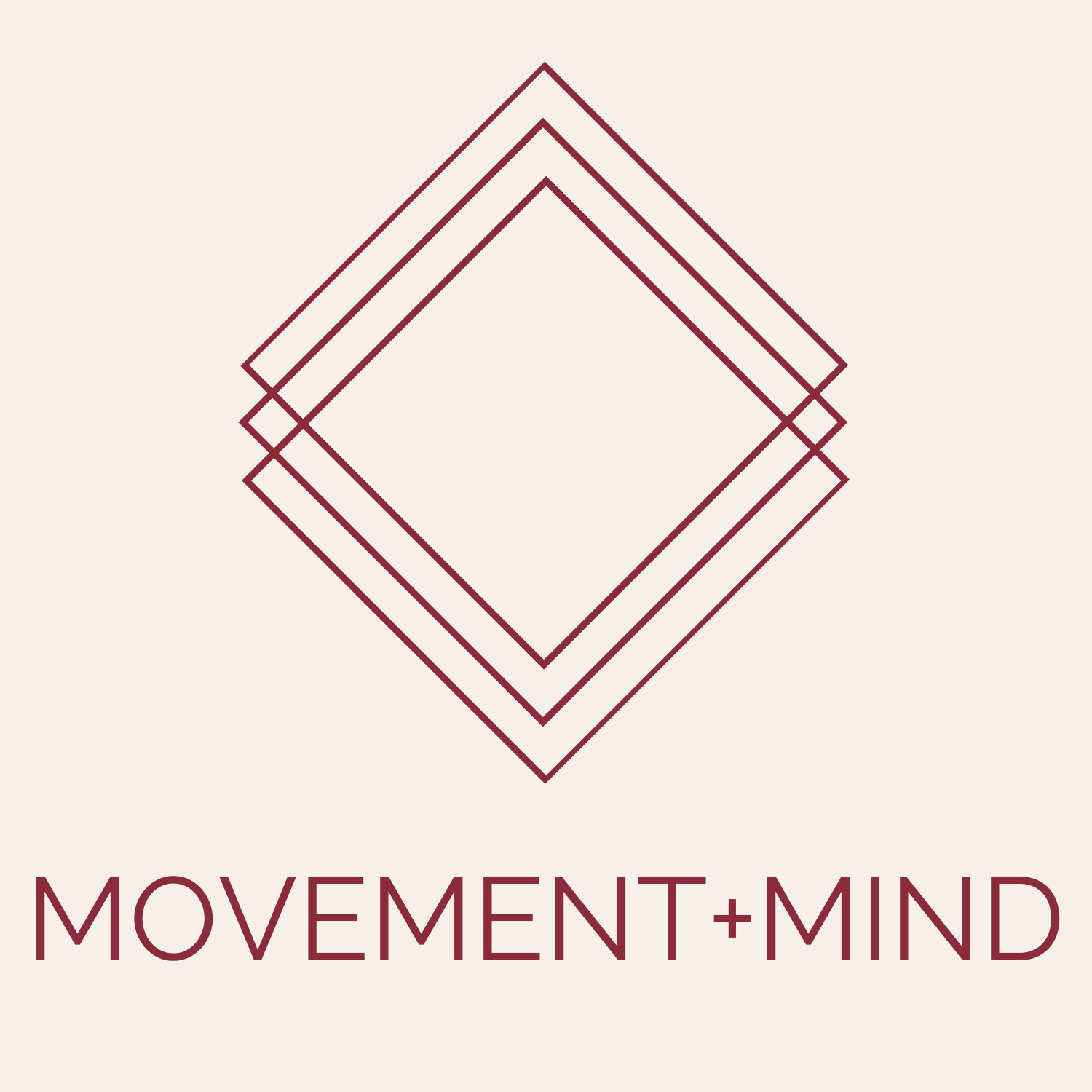I've suffered with insomnia for as long as I can remember.
My gran would say "Just put your head on the pillow and close your eyes, then go to sleep" , it would drive me crazy! Something that came so natural to her, eluded me and I felt frustrated.
I used to lie awake at night feeling lonely. I felt like I was the only person in the world who experienced sleep issues.
I recall a time at university where it was particularly bad. I had barely slept for days, and I was at my wits end. The flat I was living in at the time had a cat, and he was my only solace during those sleepless nights. This was before social media and speaking to someone in a different country and time zone was rather costly, so I couldn’t really reach out to someone to talk. It was just me and my thoughts. I remember thinking that there must be a reason why I couldn’t sleep, there had to be something wrong with me surely.
It wasn’t until many years later that I learned about my fathers sleeplessness, and met others who struggled like me.
I've had good and bad times with sleep.
In the bad times I’ve tried guided mentations, sleeping tablets, exercise, different foods, lotions, potions, sprays and oils. You name it I have probably tried it..………all that time and money, but nothing seemed to work for any length of time.
At one point in my life I thought not sleeping was a badge of honour. Phrases like “I’ll sleep when I am dead” and “Sleep is for the weak” are so common place in our society that I started to feel like I maybe not sleeping was cool. Not sleeping, and waking in the middle of the night wasn’t an obvious problem when I was younger as I could get through on caffeine and youth, but lack of sleep became more of a problem as I aged.
What I have learned over the years is that certain things will trigger my sleep disturbances, specific things will help me get to sleep and if I wake up I can get back to sleep with simple practices. I’ve learned that I’m very sensitive, and what I do during my day affects the likelihood of a quality nights rest.
Recently I was fortunate enough to take a Sleep Recovery™ course that further healed my relationship to sleep.
Here are my key takeaways from my years of sleep disturbance and Sleep Recovery™:
What you do during the day is just as important as cultivating quality bedtime habits.
There is no such thing as a good sleeper, versus bad sleeper. We need to discover what is right for our needs. For example someone might sleep 7 hours a night and wake feeling bright and energised, yet someone else might need 10 hours to feel the same way.
Our energy levels will fluctuate through the day, and we can manage them with simple practices.
Listen to the subtle signals of your body, when you feel the signs of sleepiness, provided you can, make your way to bed.
We all have a sleep type and there are certain tools that work well depending on your sleep type.
We can’t switch our minds off, so we need to find days of dealing with things that pile up in our mind throughout the day.
When we have sleep issues it can feel frustrating, not to mention it affects our cognition, and has been related to a variety of health concerns and diseases.
“Sleep problems constitute a global epidemic that threatens health and quality of life for up to 45% of the world's population” (World Sleep Day)
It’s fair to say that at some point in our lives we might experience sleep disturbances, and for some of us this may be fleeting. However, things like menopause, stress, massive changes in your life such as divorce, childbirth, moving home to name a few could elicit a change to your sleep.
So it is something worth spending time and effort on since it affects our quality of life and health.
If you have sleep issues, such as not sleeping, waking in the middle of the night and not being able to get back to sleep or waking up not feeling refreshed have a look at my website, for upcoming Sleep Recovery™ courses or book a private sleep session with me.

